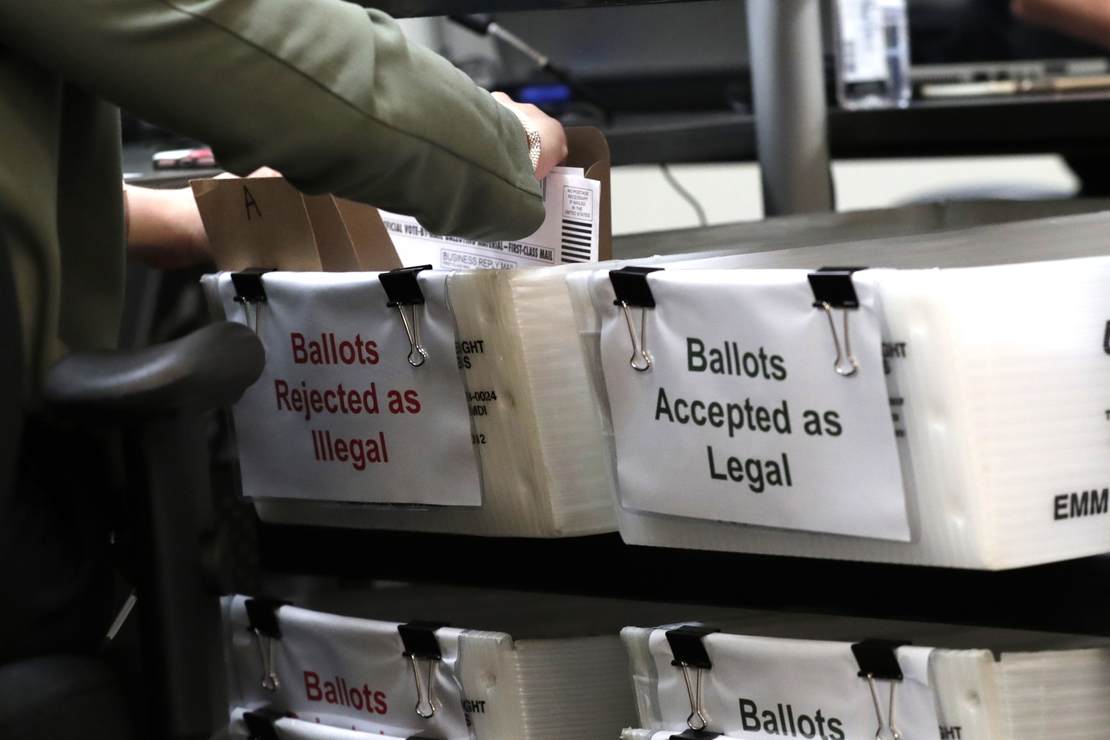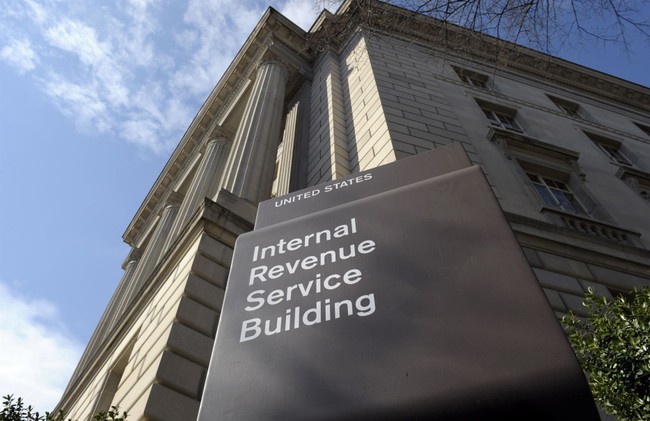Earlier this summer, Democrats in Delaware’s state legislature rushed a new law into the books ahead of the midterm elections that would have made universal mail-in voting available across the state. This was done over the objection of Republicans who cited a variety of reasons to oppose it. Chief among these was the fact that the state constitution specifically forbids voting by mail except under specific circumstances. But a little thing like the constitution didn’t stop John Carney from signing it into law. Now that law is back on ice after a judge agreed that absentee ballots can only be cast in specific instances spelled out in the state constitution and if the Democrats want to do this they will need to pass a constitutional amendment first. (Associated Press)
A Delaware judge ruled Wednesday that a new vote-by-mail law enacted earlier this year is unconstitutional and that voting by mail cannot be used in upcoming November election.
Vice Chancellor Nathan Cook ruled that the law, the result of legislation that Democrats rammed through the General Assembly in less than three weeks this past June, violates a provision in Delaware’s constitution that spells out the circumstances under which a person is allowed to cast an absentee ballot.
“Our Supreme Court and this court have consistently stated that those circumstances are exhaustive,” Cook wrote. “Therefore, as a trial judge, I am compelled by precedent to conclude that the vote-by-mail statute’s attempt to expand absentee voting … must be rejected.”
The day wasn’t a total loss for the Democrats, however. In the same ruling, the judge upheld a new same-day voter registration law that had been passed during the same session. But even if people want to register and then vote immediately afterward, they will need to do it in person unless they meet one of the criteria for absentee voting.
The Democrats face an uphill battle to make this change legally because constitutional amendments in Delaware require a two-thirds majority vote in both chambers in two consecutive years. They narrowly managed a vote to make this change in 2020, but the measure failed in the House on the second attempt last year. Now they will have to start over from scratch if they want to give it another try, so it would be 2024 at the earliest before it could take effect.
Had this law been upheld, Delaware would have been permanently subjected to the same chaos we witnessed in 2020. The Democrats are attempting to introduce universal mail-in voting without first doing the hard work of cleaning up the state’s voter rolls and implementing a system to keep them clean going forward. Oregon has largely managed the feat and they’ve been using a vote-by-mail system since a ballot initiative to do so passed in 1998. But they experienced some initial chaos as well until they worked out a way to keep their books up to date.
I still find it curious that anyone supports this type of change. Voting by mail has traditionally been referred to as “absentee voting” for a reason. It’s supposed to be a legal option for those who are unable to come to the polls on election day for some valid reason. Most people seemed to be okay with making an exception in 2020 during the height of the pandemic before the vaccines became available. Having large groups milling about at voting locations was seen as an unacceptable risk of turning the precincts into superspreader events, whether that belief was accurate or not. But the country has reopened for business and that needs to include the normal process of going to vote in person unless you are unable (not unwilling) to do so.
Amazingly, even with all the problems that mass voting by mail has caused, we still have people pushing to move voting online. I’m hard-pressed to think of a worse idea to turn up in this debate. The lack of a paper trail with some of the newer voting machines is bad enough. Online voting would have no paper trail at all and leave the system even more open to hacking and fraud. But then again, for some of the people supporting the plan, perhaps that’s been the underlying idea all along.












.png?itok=SPEjT6FZ)








Discussion about this post